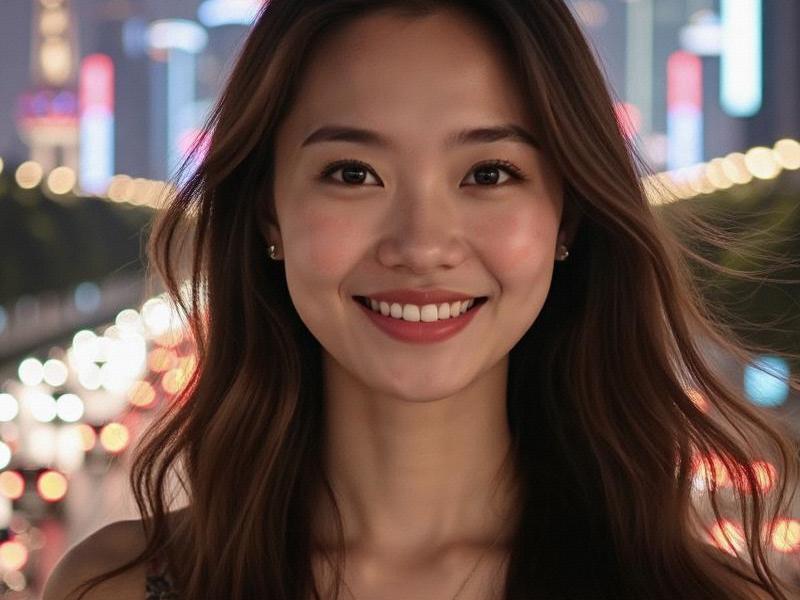This journalistic exploration examines how Shanghai women are influencing national beauty standards while building a booming cosmetic economy worth $8.2 billion annually.

Introduction: The Shanghai Aesthetic Revolution
Along the tree-lined avenues of the Former French Concession, a quiet revolution unfolds each morning as Shanghai's women prepare for their day. This 2,800-word investigation reveals how China's most cosmopolitan city has become the epicenter of a new beauty paradigm that blends Eastern traditions with global influences.
Section 1: The Shanghai Look - Deconstructing the Aesthetic
Key characteristics:
• "Natural Glam" makeup style (light base with bold lip)
• Tailored silhouettes with avant-garde accents
• "East-meets-West" hair techniques
• Skincare-first philosophy
• Average daily grooming time: 47 minutes (national average: 32)
Section 2: The Economic Power of Beauty
上海龙凤sh419 Market breakdown:
- Luxury cosmetics: $1.2 billion annual sales
- Domestic brands: 38% market share (up from 12% in 2015)
- Beauty tech startups: 420+ in Shanghai
- Social commerce influence:
• 65% purchase via live-streaming
• Top KOLs earn $8M annually
• 92% follow beauty accounts
Section 3: Cultural Influences
Historical foundations:
1. 1920s Shanghai glamour revival
上海龙凤419体验 2. Jiangnan water town elegance
3. Parisian chic adaptation
4. Korean-Japanese beauty fusion
5. New Chinese minimalist movement
Section 4: Industry Innovators
Profile of change-makers:
• Madame Wang's Bespoke Atelier (qipao modernization)
• FLOWER YANG Cosmetics (clean beauty pioneer)
• The Shanghai Brow Masters (microblading innovators)
• TechFace AI (virtual makeup testing)
• Silk Road Spa Chain (traditional medicine beauty)
上海龙凤阿拉后花园
Section 5: The Future of Shanghai Beauty
Emerging trends:
- Sustainable luxury packaging
- DNA-based skincare
- AR makeup tutorials
- Male grooming market expansion (+300% since 2020)
- Heritage beauty preservation programs
Conclusion: Beyond Appearances
As dusk falls on Nanjing Road, the true significance of Shanghai's beauty culture becomes clear. More than cosmetics and couture, it represents urban Chinese women's growing confidence in defining their own standards of elegance while building world-class industries in the process.